Investing in our faculty and supporting the next generation of leaders
FFAST provides financial support for department faculty to pursue advanced degrees in health fields outside anesthesiology to launch subspecialty teams. These opportunities have led to innovative research on topics such as OR management, clinical and research predictive modeling, cost savings models, and OR staffing strategies.
Education opportunities are available for faculty to earn graduate-level certificates/degrees in the following fields:
- Business
- Public Health
- Clinical Research
- Education
- Medical Product Innovation
- Informatics
- Healthcare Administration
- Quality Improvement/Patient Safety
- Leadership
Department faculty who are interested in FFAST, please contact your site chief or Dr. Dave Metro with your interest and answers to the following questions:
- What skills can you learn to help move your career in the direction you desire?
- How can/will those skills benefit medicine/UPMC/the department?
- What do you need to make that happen?
Current FFAST Scholars
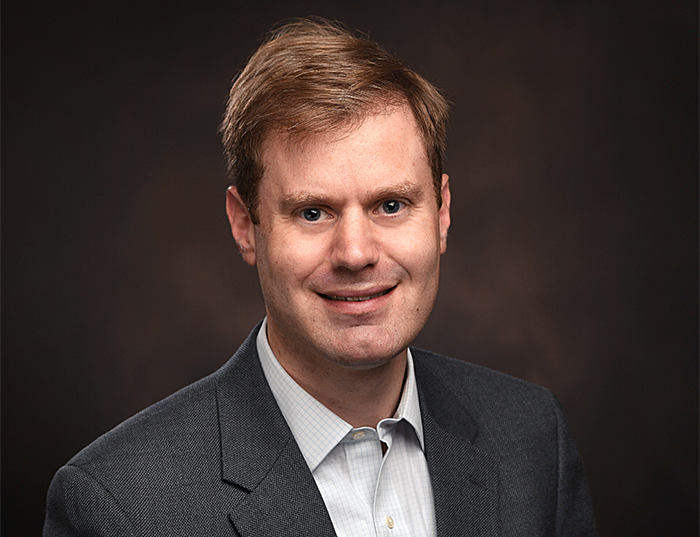
Michael W. Best, MD, FASA
Dr. Best is pursuing a Doctor of Education (EdD) at the University of Pittsburgh School of Education. He views this as an opportunity to solidify core educational principles and develop advanced leadership skills. The program’s focus on real-world, impactful dissertation projects aligns with his goal of driving meaningful change within our department and the School of Medicine. Dr. Best notes, “Even nationally, there are few anesthesiologists with advanced degrees in education,” emphasizing the value this unique perspective brings to his role.

Trent Emerick, MD, MBA, FASA
Dr. Emerick is working towards a PhD in Health Sciences, learning how to design better research methodology to apply to the clinical care of pain patients and designing studies around new innovative medical devices. One of his research interests in the PhD program is finding ways to streamline and improve the FDA medical device approval process.
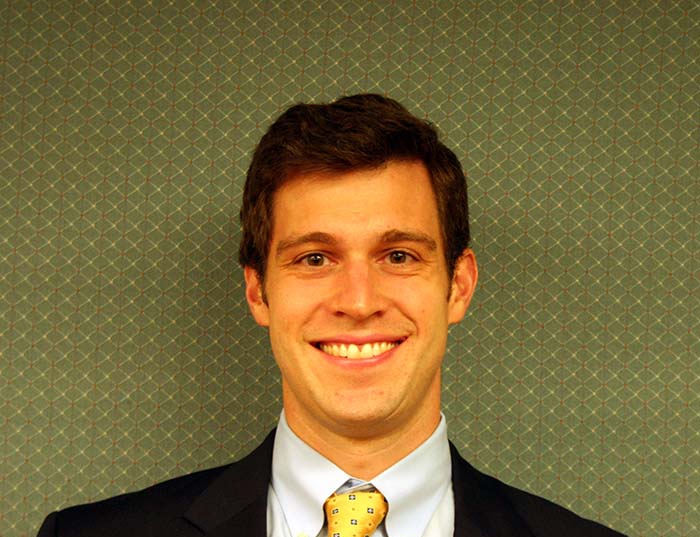 Josh Knight, MD, FASE
Josh Knight, MD, FASE
Dr. Knight is completing the UPMC Education Series and plans to complete the Advanced Training Program in Quality Improvement through Intermountain Healthcare in Salt Lake City, UT, a national and world leader in Healthcare Delivery Quality Improvement. His goal is to become more fluent in quality improvement measures and initiatives to guide the rollout of perioperative clinical pathways at UPMC.
Former Faculty FFAST Scholars
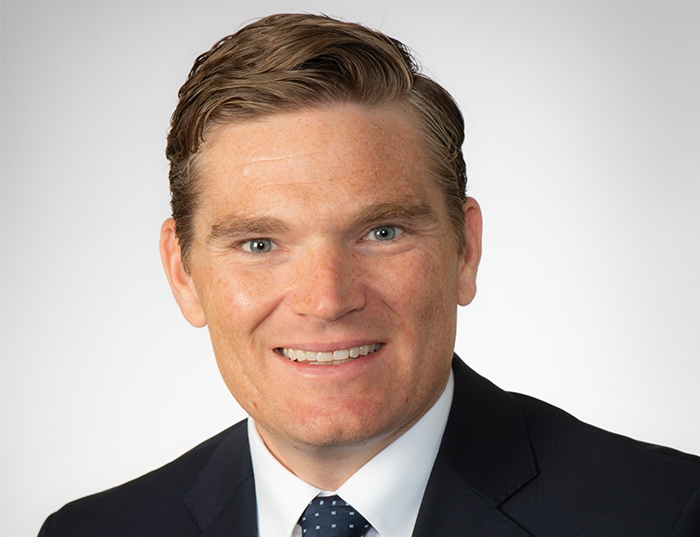 Ryan Ball, MD, MBA, FASE
Ryan Ball, MD, MBA, FASE
Dr. Ball earned an MBA from the University of Pittsburgh Katz School of Business. His studies were focused on healthcare, included case studies on healthcare scenarios.
“I have recommended that many faculty in our department look into the FFAST program. Since completing, I have advanced from staff anesthesiologist to Associate Chief to Chief Anesthesiologist at UPMC Passavant. I am participating on many additional committees where I leverage skills that were developed in the MBA program, including interpersonal communication.”
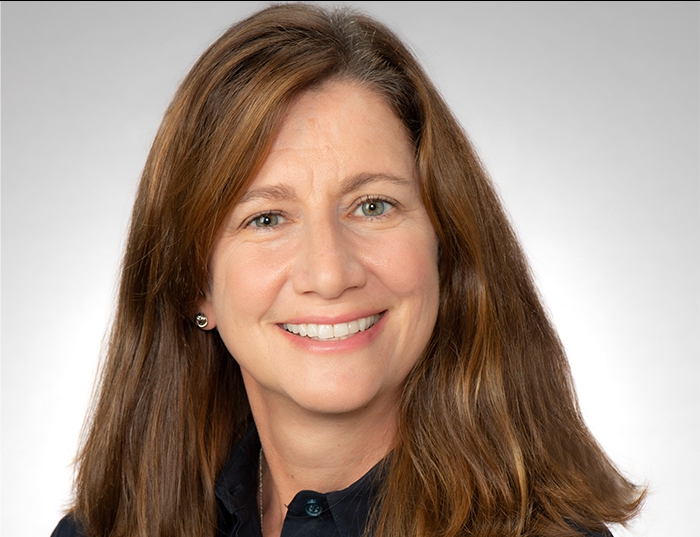 Monica Bolland, MD
Monica Bolland, MD
Dr. Bolland worked towards an MPH, studying epidemiology, the microeconomics of health care, and health care foundations in the US.
“My overarching goal is to add public health research and understanding to working with the population in Pennsylvania. I’m looking for ways to improve health care delivery and outcomes by looking at larger population outcomes rather than individual cases.”
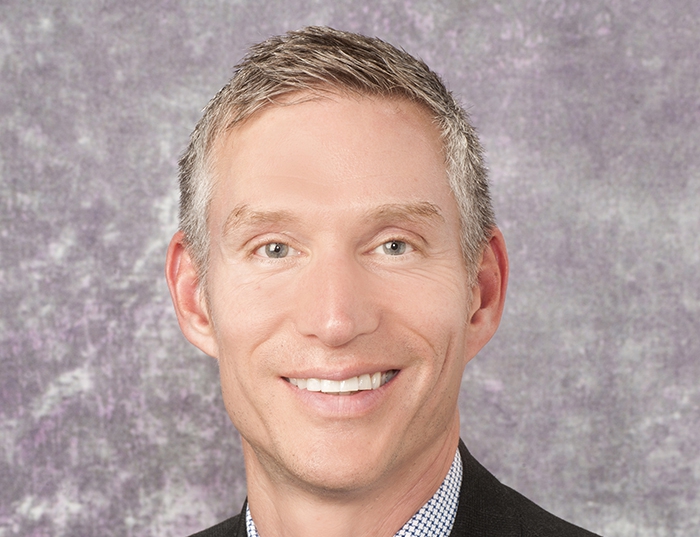 Franklyn Cladis, MD, MBA
Franklyn Cladis, MD, MBA
Dr. Cladis earned an MBA from the University of Pittsburgh Katz Business School.
“I am hopeful this program will sharpen my skills as I take on more leadership roles in healthcare.”
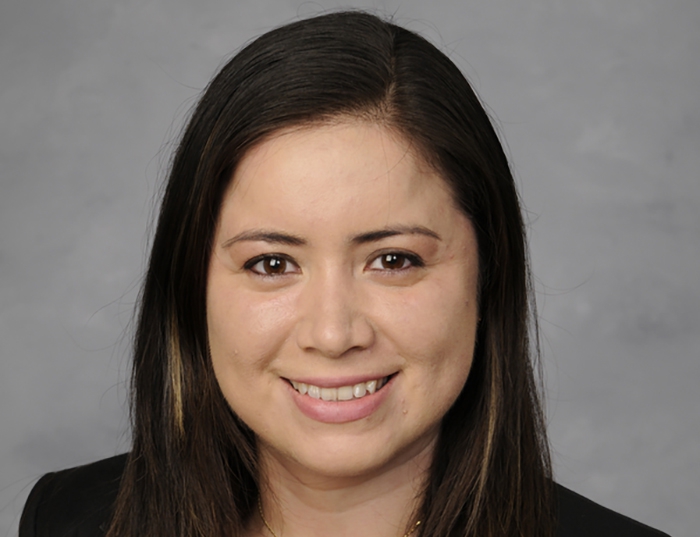 Andrea Ibarra, MD, MS
Andrea Ibarra, MD, MS
Dr. Ibarra graduated with her MS in Clinical Research from the University of Pittsburgh Institute for Clinical Research Education in the spring of 2021. Her MS thesis was titled “The Effect of Preeclampsia on Cognitive Function.”
“I obtained my MS this year and I can say it added the research foundation I was missing! It was a great opportunity to meet and collaborate with other researchers in different departments. Thank you for all the support!”
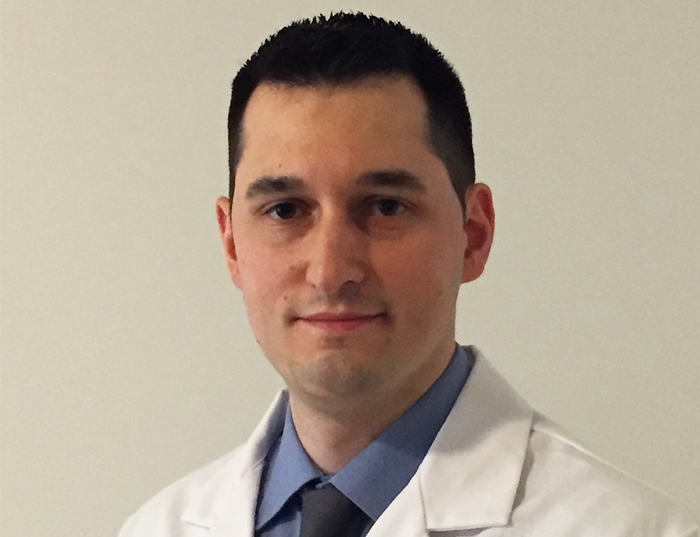 Luca La Colla, MD, MSHI
Luca La Colla, MD, MSHI
Dr. La Colla earned a Master of Science in Health Informatics from the University of Pittsburgh. His studies focused on data science, which provides tools to analyze, extract, and present data to the health care community to help health care organizations make well-informed, data-driven decisions.Through the use of databases, machine learning, and clinical prediction models, data scientists aim to identify areas of potential improvement in patient care to decrease patient morbidity, decrease costs to the health system, and ultimately improve patient outcomes.
“I was extremely grateful to participate in FFAST and to our Chair Dr. Aman Mahajan for making this program available to us. This a unique opportunity that most other institutions do not offer and I am looking forward to working on analytics, information systems and clinical research. The role of informatics and data science in anesthesia is still under exploration as this is a relatively new discipline, which makes this an exciting time for the subspecialty."
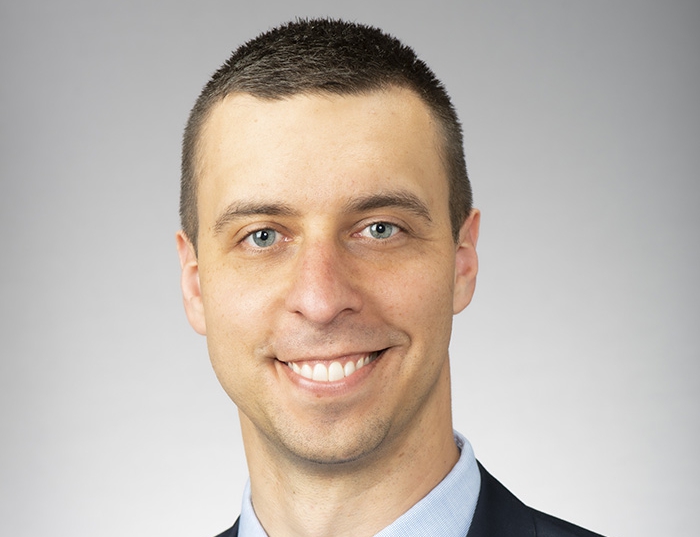 Evan Lebovitz, MD, MBA
Evan Lebovitz, MD, MBA
Dr. Lebovitz earned an MBA with a focus on healthcare from the University of Pittsburgh Katz Graduate School of Business.
“Completing my MBA has sharpened my skills in practice management within anesthesiology. Through the program, I worked alongside other healthcare providers to bridge the gap between clinical innovation and entrepreneurship to create a patented medical device and a staff and data management app focused on perioperative care.”
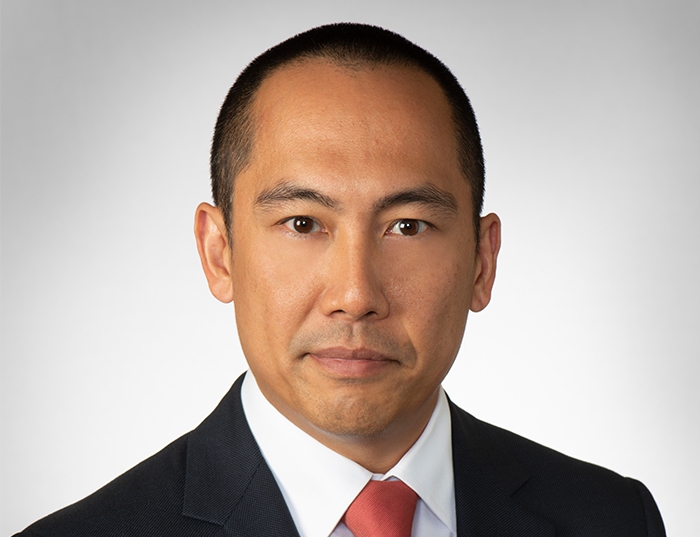 Charles Lin, MD, MSc
Charles Lin, MD, MSc
Dr. Lin earned a Master of Science in Clinical Research - Comparative Effectiveness from the University of Pittsburgh Institute for Clinical Research Education. His master's thesis title was “Scale Development to Elucidate the Trajectory of Perioperative Neurocognitive Disorders.” His training was in advanced statistics, psychometric scale development, and registry data analysis, skills to enable him to conduct research to answer perioperative population health questions.
“Before I matriculated in this program, I was a full-time clinical anesthesiologist with research questions drawn from my clinical experience. FFAST gave me the invaluable opportunity to obtain the training and skills to answer those questions. My participation in FFAST has also provided access to strong mentorship both within and outside our department to help me succeed. I completed one first-authored manuscript within the first year of my program. It is a privilege to be a member of the great science community at UPMC and the University of Pittsburgh, and I appreciate all the tremendous resources available to us. FFAST is a unique opportunity for faculty to participate in professional development and it demonstrates our department's commitment to our future. My advice to any faculty member who is thinking about FFAST is to recognize the tremendous value of this program and to embrace the opportunity.”
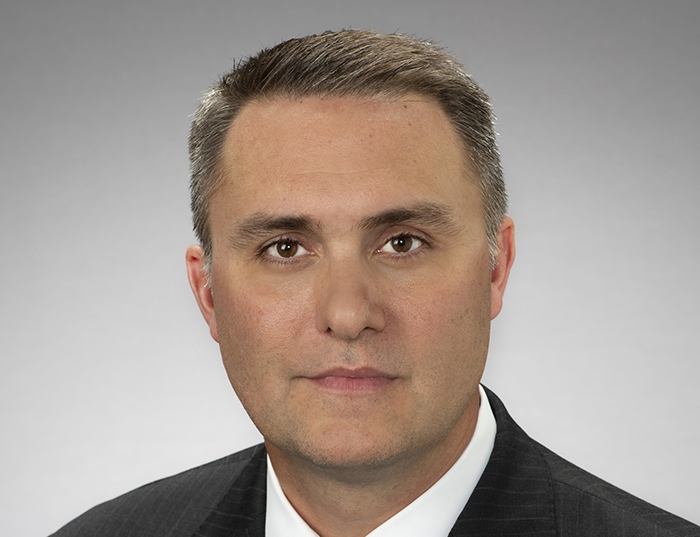 Dennis Phillips, DO
Dennis Phillips, DO
Dr. Phillips completed the Intermountain Healthcare Advanced Training Program to earn a certificate in Healthcare Delivery Improvement.
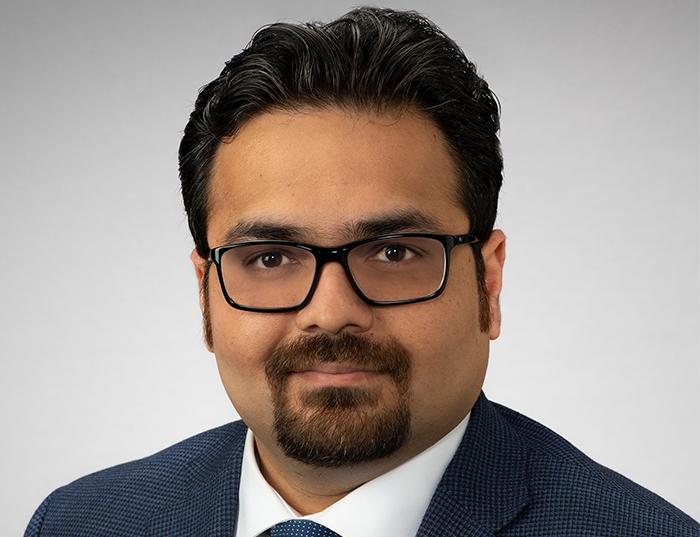 Hari Subramanian, MBBS, MS
Hari Subramanian, MBBS, MS
Dr. Subramanian earned an MS in Biomedical Informatics from the University of Pittsburgh. He studied the implementation of data structures, computer programming, machine learning, artificial intelligence, natural language processing, gene sequencing principles, and electronic health record maintenance.
“FFAST was invaluable for me. I was able to carve out time around my schedule to work on the degree. I attended classes that were available via video conferencing on pre/post call days and the in-person lessons on my non-clinical days. The departmental financial support was generous, and I did not have to pay much out of pocket. I appreciate the department’s effort to put this program together and for supporting my pursuit of an MS in my initial years as a faculty member.”

